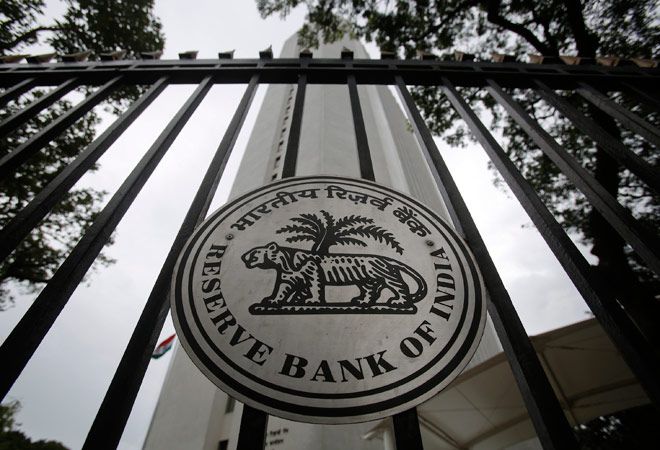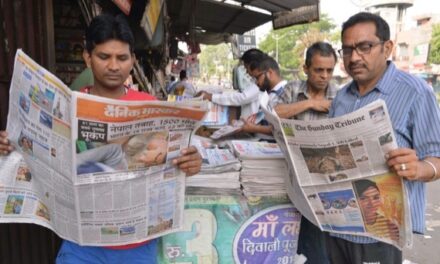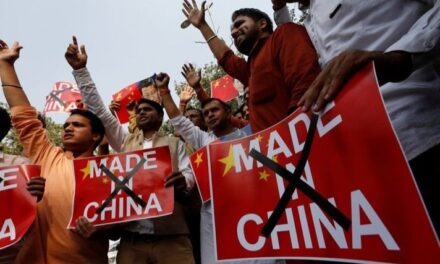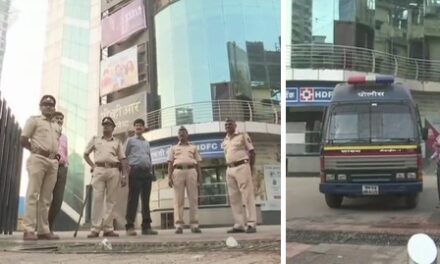RBI stopped cooperative banks from exchanging old notes without proof of corruption


Representational Image
After stopping cooperative banks from exchanging demonetised currency due to alleged corruption, the RBI on Monday admitted that it does not have any specific details about any irregularities or scams involving these banks or its officials.
The information was disclosed by RBI in response to an RTI query filed by activist Anil Galgali.
Galgali had sought the information under the RTI on the extent of irregularities committed by state cooperative banks between November 8 and December 10, 2016 and the alleged corruption by their officials.
“However, according to its reply under the RTI, the RBI does not seem to have any data to justify its conclusion of widespread irregularities and scandals in exchanging the old currency notes vide state and district cooperatives banks across the country,” Galgali told news agency IANS.
Less than a week into the demonetisation of Rs 500 and Rs 1000 notes, the government went back on its earlier decision and stopped state & district cooperative banks from exchanging old currency and disbursing new notes citing their alleged involvement in money-laundering.
The decision to restrict the flow of cash had hit millions of farmers, rural and semi-rural population, most of whom only had access to and relied on these outlets for their banking needs.
“I sought facts on the actual ground reality of these accusations made by the ruling Bharatiya Janata Party leaders against the cooperative banks which severely affected the non-urban populace,” Galgali said.
When asked about the alleged irregularities or scams detected in these cooperative banks along with the names of the corrupt officials and action taken against them, the Public Information Officer of Reserve Bank of India, A.G. Ray, said that they had no data on the apex state cooperatives and district banks, while data on urban cooperatives might be available from elsewhere.
“It is strange why accusations were hurled on the cooperative banking sector based on presumptions and they were kept out of the entire post-demonetisation exercise, grossly inconveniencing the non-urban population,” Galgali added.
“It appears that the decision on the most intricately networked financial institution of cooperative banking which forms the backbone of India’s massive rural economy was taken on mere ‘hearsay’,” he concluded.
The inconvenience faced by the working class went on to become one of the biggest weapons in the opposition’s arsenal, as they vehemently protested against the government’s demonetisation decision.













